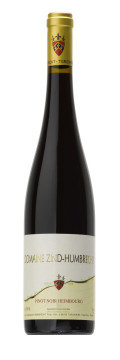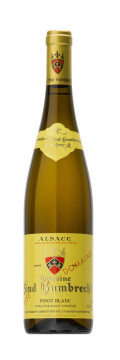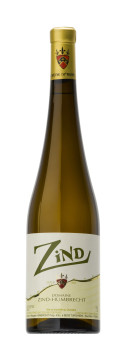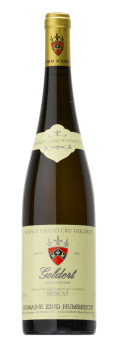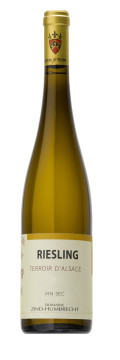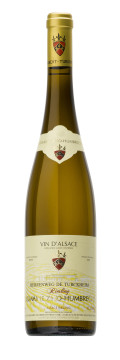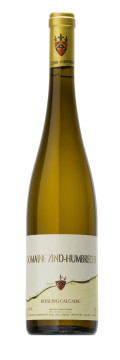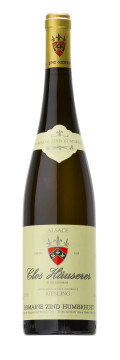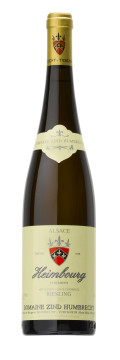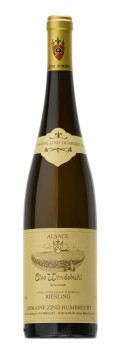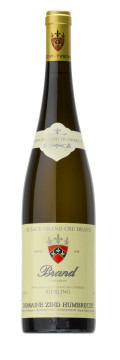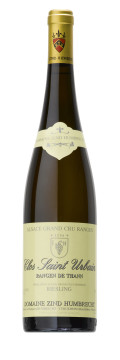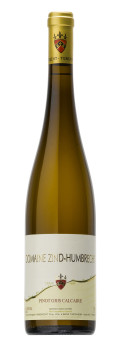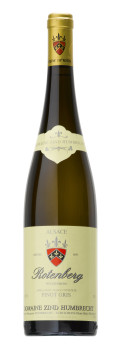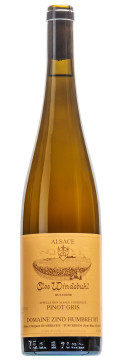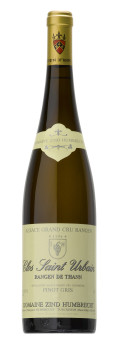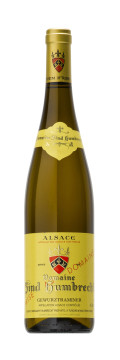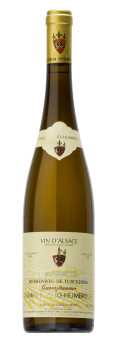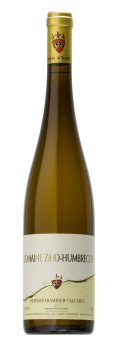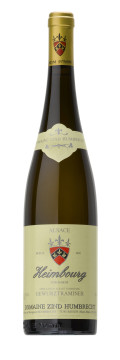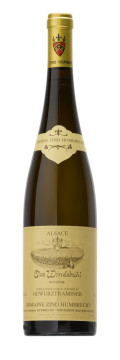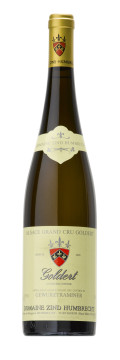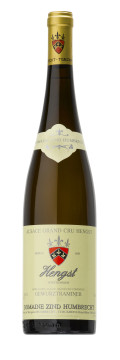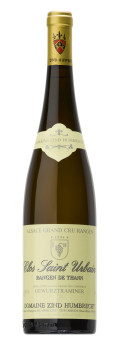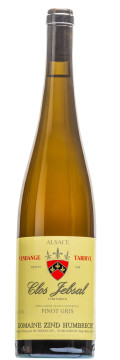Vintage 2012
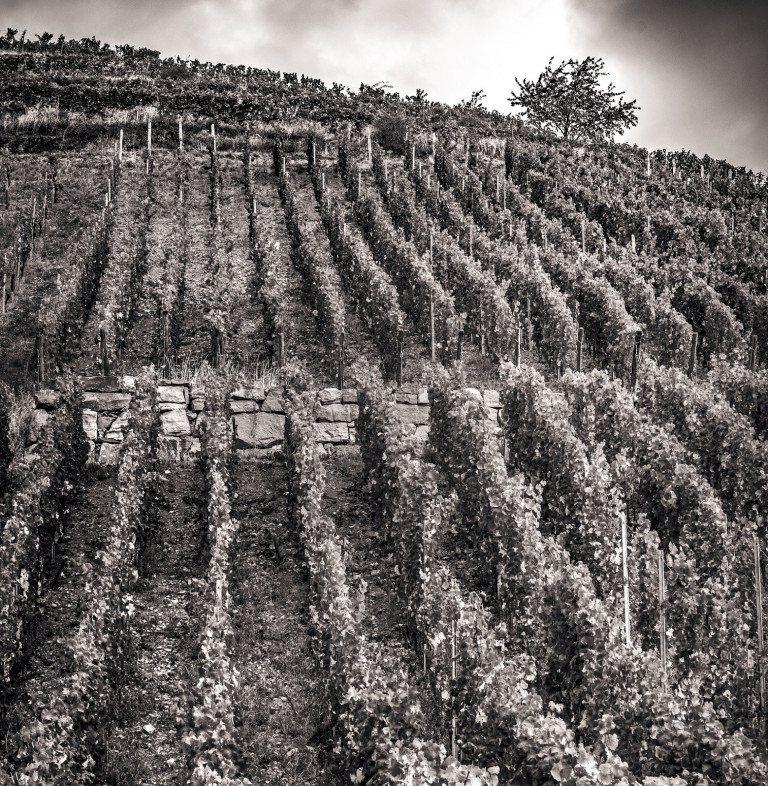
Description of the vintage
Colmar was nominated the driest town in France in 2013, based on the average of the last 10 years. This will seem almost impossible to some people with regard to the rainfall the region had during certain months of 2012. 2012 is a contrasted vintage between different villages and periods of the year.
Winter was extremely dry (5 mm in February in Turckheim) and finished very warm in March. Some colder weather and more rain in April, especially in the Rangen, pushed the buds to break out only towards the end of the month. Stormy weather, some heat and significant rain delayed the flowering to the middle of June, despite some isolated early flowers present in precocious vineyard at the end of May. Unfortunately, a bit of cold weather mid-June interfered with the flowering, which was in certain cases only completed in the last days of the month (Rangen especially). We feared a serious crop loss, like in 2010, but the vines seemed to compensate and at harvest time we realized that the crop size was not greatly affected.
June and July saw high rainfall, especially in Thann (232mm over June and July), in quantities much above the average of the past 10 years. The almost uninterrupted rain cadence made it extremely difficult to insure a continuous protection against fungus diseases. Bio-dynamic farming means that we only use contact products (copper/sulfur) and plant preparations which are easily washed off the vines after a large rainfall. We very often finish the year using less than 1kg/ha of metal copper (against mildew), which is an extremely small dosage, but in 2012, we finished with an average of 2.5kg/ha, showing how difficult the mildew was to control and therefore certain spraying treatments had to be repeated. Early July, the Rangen was hit by a serious hail that removed about 50% of the crop.
With August, the warm and dry weather returned progressively and peaked with a heat wave towards the end of the month. From then the weather was very dry in Turckheim and Hunawihr; Thann received a few more spells of rain, but the end of summer 2012 was considered to be very nice weather. Surprisingly however, nature started to express signs of drought and hydric stress in some areas.
Early maturity controls showed similar results to 2005 so harvest was scheduled to start quite early in the precocious vineyards. What happened after is still difficult to understand and explain, because, with the good weather, the grapes showed beautiful physiological ripeness and were in excellent health, but sugars increased very slowly to our great surprise and maybe satisfaction.
The harvest started on our estate the 17th September and finished late the 24th October. Potential alcohol increased slowly, especially for the Riesling grape, so it was necessary to wait longer than expected. Some rainfalls stopped the harvest middle of October, and usually most grapes harvested after started to develop some noble rot, but the quality and quantity of the late developing noble rot did not result in us producing many of these wines.
2012 will be characterized by pure, elegant wines with much less alcohol than usual, good ripe acidities and which finished fermenting mostly dry for varieties like Riesling. The average yield of the estate is 51hl/ha, with 26hl/ha for the Grand Cru (mostly due to the smaller harvest in the Rangen).
